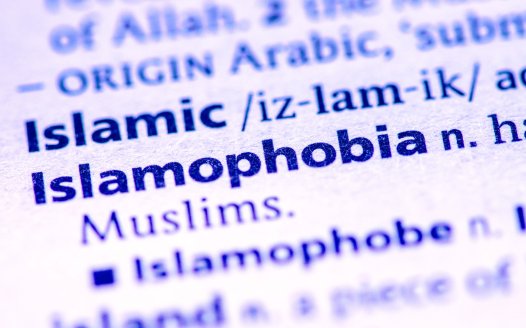Blasphemy laws identified in 11 more countries since 2020
Posted: Wed, 20th Sep 2023
Mocking religion in Portugal can be punished by up to a year's imprisonment, report finds
A new report has identified eleven more countries with blasphemy laws since 2020, bringing the total number to 95.
The report, produced by the United States Commission on International Religious Freedom (USCIRF), lists Bahamas, Barbados, El Salvador, Guatemala, Cambodia, Kiribati, Solomon Islands, Tuvalu, Monaco, Portugal and Cape Verde as countries with newly-identified blasphemy laws. This represents an increase of 13% since 2020.
Portugal's law states whoever "publicly offends another person or mocks him because of his belief or religious function" may be imprisoned for up to a year. Publishing a "blasphemous or obscene book" in Bahamas can be punished by two years' imprisonment.
In El Salvador, repeatedly and publicly 'offending the feelings or beliefs' of a religious group or 'mocking their dogmas' can lead to an eight year custodial sentence. "Writing or uttering words with intent to wound religious feelings" is now a misdemeanour in Tuvalu. 'Outraging ministers of religion' in Monaco is criminalised.
Blasphemy remains a capital offence in Brunei Darussalam, Iran, Mauritania, Pakistan, Saudi Arabia.
Articles 19 of the Universal Declaration of Human Rights and the International Covenant on Civil and Political Rights (ICCPR) enshrine the right to free expression. The UN Human Rights Committee has stated that blasphemy laws are incompatible with Article 19 of the ICCPR.
The UN special rapporteur on freedom of religion or belief has made clear the "right to freedom of religion or belief does not include the right to have a religion or belief that is free from criticism or ridicule".
The report comes amid moves in Denmark and Sweden to prohibit the burning of the Quran and renewed efforts by the Organisation for Islamic Cooperation to criminalise the 'desecration' of religious texts through UN mechanisms.
England and Wales repealed their blasphemy laws in 2008, while Scotland abolished theirs in 2021. Northern Ireland remains the only nation in the UK where 'blasphemy' and 'blasphemous libel' remain common law offences. The US-based Pew Research Center also does not include NI in its lists of countries with blasphemy laws, because it only considers the UK as a whole and does not include blasphemy laws in separate jurisdictions in the UK.
Attempts to enforce de facto blasphemy codes are on the rise in the rest of the UK.
NSS: Freedom of expression should not be restricted to "appease religious fundamentalists"
NSS campaigns officer Alejandro Sanchez said: "It is right for societies to combat intolerance and hate. But we should not restrict freedom of expression in order to appease religious fundamentalists.
"It is therefore disturbing to learn that blasphemy laws have been identified in eleven more countries since 2020. We will continue our efforts to oppose them both domestically and internationally".
Update 22/09: Please note this article has been corrected. It previously said eleven countries have introduced blasphemy laws since 2020, when some of these countries may have had pre-existing blasphemy laws which have only been identified since 2020.
Freedom of Expression
Democracy cannot exist without the right to free speech. Join our campaign to protect freedom of expression from religious incursions.








